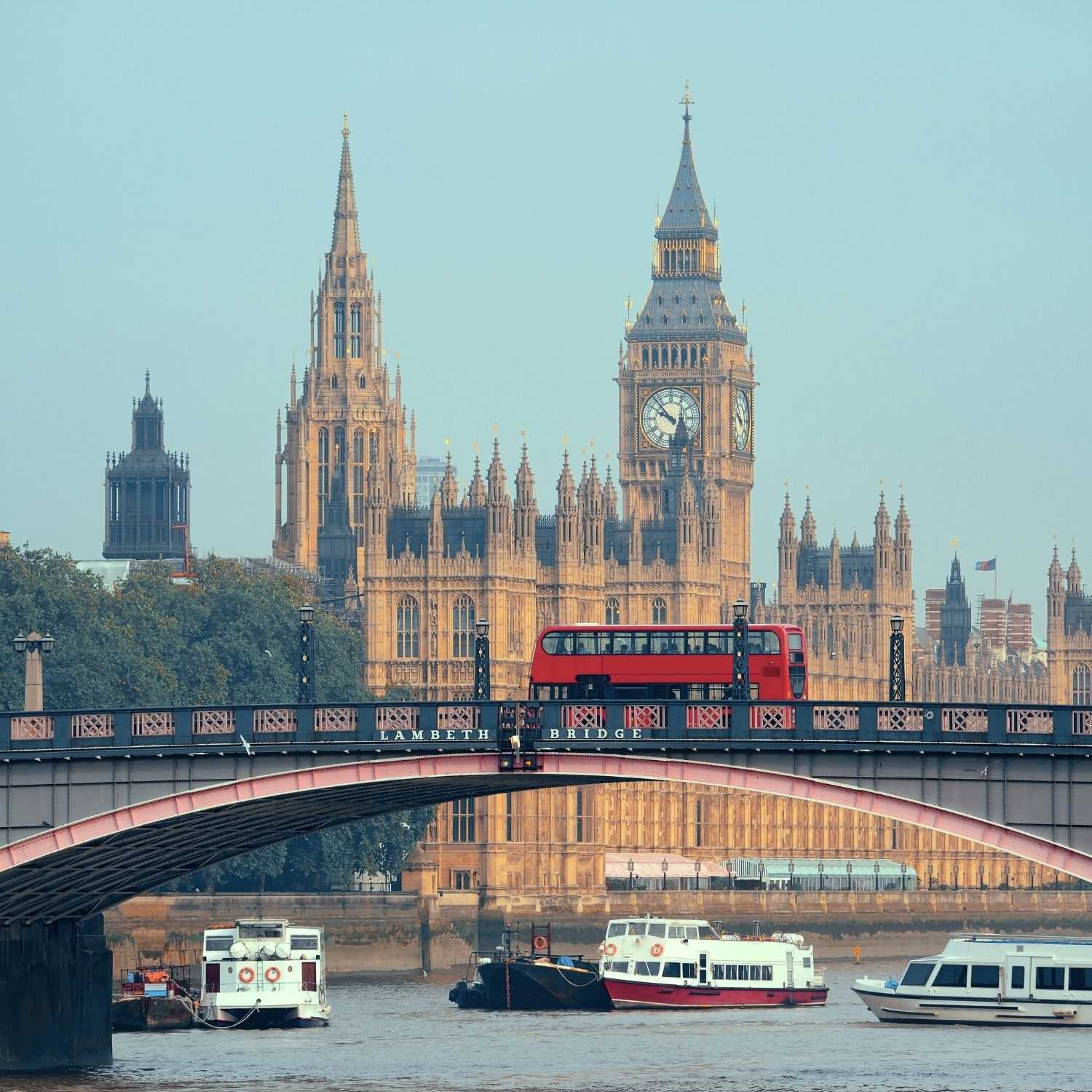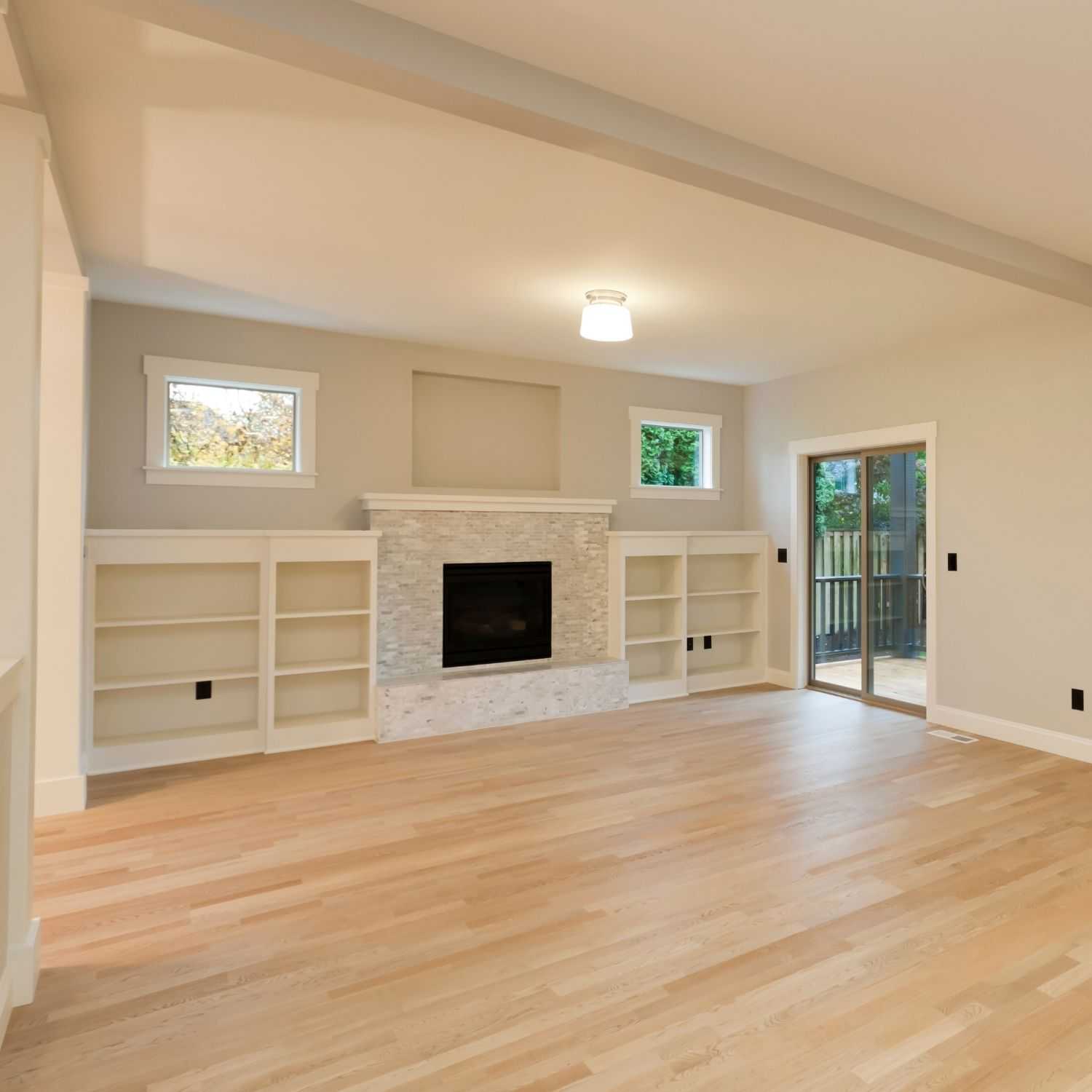Share post:
In July 2024, London has 90,087 active Airbnb listings. 63% of these are entire units while 36% are private rooms. The rest of the statistics are shared rooms.
This proves the short-term rental market is in full swing in London. Platforms like Airbnb have made this letting strategy popular, giving property owners a chance to grow their portfolios.
These statistics make it seem like the shortlet market is already saturated. It makes some multi-property owners wonder: is Airbnb still profitable in London? The answer to that is yes and it will continue to be so because of specific factors happening in London.
In this article, you’ll learn more about the short-term rental market in London. You’ll get proof that Airbnb remains profitable in London – plus 3 reasons why multi-property owners like you should consider entering the short-term rental market to grow your portfolio.
The Short-Term Rental Market in London
The short-term rental market in London is quite strong. According to government data, 51% of London hosts own more than one Airbnb listing. This reveals the appeal of short-term letting despite all the restrictions imposed by the local government. Multi-property owners continue to use it as a strategy to increase their property portfolios and investment returns.
In the 1970s, the Greater London Council Act 1973 Section 25 prohibited the use of residences in the 32 boroughs of London as a shortlet. It’s only allowed after the property owner files a material change which requires planning permission from the LPA.
This restriction is meant to protect the housing supply in London by controlling the conversion of residential properties into shortlets.
With the prevalence of Airbnb and similar platforms, these restrictions were relaxed through the Deregulation Act 2015 Section 44. This included the 90-day restriction that limits the number of nights per year that properties can be rented as short-term accommodations. Should property owners wish to go beyond 90 days, they had to get planning permission approval.
This allowed more property owners to invest and benefit from the rental income of Airbnb. Although there’s still pressure from the locals due to the continued housing issues, short-term letting is still a lucrative market for multi-property owners. You can still expect sizable profits and growth for your portfolio.
3 Reasons Why Airbnbs are Profitable in London
Now that you have a better idea of the short-term letting landscape in London, let’s explore why Airbnbs are so popular in the area. It’s easy to see that it’s a thriving market considering the number of shortlets in the city.
But what do statistics say about it? Look at the three reasons Airbnb is profitable in London and the numbers supporting these claims.
High demand
There’s a high demand for short-term rentals in London. Data shows that the Airbnb demand in London alone rose to 2.311 million in 2021. There are several reasons for this.
The first are tourists. London is one of the top tourist destinations. Statistics reveal that the UK attracts approximately 30 million visitors each year. The Office for National Statistics (ONS) has the same data that showed 38 million visits from overseas residents – 53% of them were there on a holiday. In London, the immigration data also shows that the government approved 2 million visitor visas from March 2023 to March 2024. This is considerably lower compared to pre-pandemic years (2019) but it’s still a sizable number of visitors looking for temporary accommodations.
The second is business travellers. In 2023, more than 6.4 million business professionals travelled to London. These people stay for a couple of weeks as well – sometimes for months. These individuals are also looking for short-term rentals to stay in because it’s more affordable compared to hotels.
The third are digital nomads. As of July 2024, London remains the most visited city by digital nomads. These remote workers usually stay for two weeks or so – which is why they look for shortlets as their accommodation option. They choose this over hotels because digital nomads prefer to live like the locals. After all, it’s part of the reason why they chose to travel the world so they can experience local cultures and lifestyles.
There are other types of visitors in London, but all these increased the demand for Airbnbs. According to the ONS, the total number of nights spent in London shortlets from July – September 2023 was more than 2 million. This is not just for Airbnb but other shared accommodation platforms as well. Nevertheless, it clearly shows where the high demand is coming from in London.
High returns
Short-term letting is known for having the highest nightly rate compared to other letting strategies. This is mainly caused by the shorter stay and the rental fee that includes utility and cleaning fees.
So it’s not surprising that the gross revenue of Airbnb in London reached £277,176,292.13 in 2021. After all, in 2023, the government reported that visitors from overseas spent £31.1 billion when they visited the UK. With London being a sure stop for most UK visitors, a bulk of their spending would happen in the city – including accommodation expenses.
According to Airbnb data in July 2024, the average night booked is 45 while the price per night is £115. This gives Airbnb hosts an average income of £5,722 per year. The Lighthouse data, on the other hand, shows the difference in average revenue, occupancy rates and stay depending on the season. February 2024 showed £2,254 as the average revenue, 36% as the occupancy rate and 10.4 days as the average stay. But during the peak summer season in August 2023, the average revenue was under £4,000, the occupancy rate was under 60% and the average stay was 7 days.
Diverse tenant base
Finally, Airbnb is profitable in London because the city attracts all sorts of people. According to reports, London is the most popular tourist destination in the UK. When people come to the UK, they’ll most likely pass through the city. According to government statistics from March 2023 to March 2024, the nationalities visiting London include Indians (25%), Chinese (23%), Turkish (7%), Nigerian (5%), South African (4%) and Pakistani (4%).
This creates a diverse tenant base for short-term rental properties. It’s not just about the nationalities of the visitors. It’s also about the reason why they come for a visit. Some of them are tourists (families or friends), others are business travellers or digital nomads, and others are students. These people stay in Airbnb properties.
By offering the right amenities, Airbnb properties can cater to a wider market. For instance, having a workspace would make the unit appealing to business travellers, digital nomads and even students. Providing a fully functional kitchen with a pantry filled with basic stocks would make it appealing to families and friend groups.
The variety of guests you can attract means a shorter vacancy period and greater rental revenues.
Boost Profitability through Flexible Letting
While short-term letting is thriving in London, there’s a way to make it even more profitable. Instead of just focusing on short-term rentals, you can use a flexible letting method that combines multiple letting strategies.
For instance, you can open your multiple properties for short-term letting but once it reaches the 90-day limit, you can use long-term letting. With the peak season for tourists happening during the summer, you can reserve the rest of the year for long-term or mid-term lease agreements. Or you can open some of your properties to students and then get short-term rentals during the term break.
Flexible letting combines the peak earning potential of short-term rentals with the income stability that comes from long-term letting. Use dynamic pricing strategies to maximise rental revenues and increase occupancy rates.
Learn How to Make Your Airbnb More Profitable
Using your multiple properties in London for short-term letting is a great way to increase your portfolio revenue. The diverse tenant base of the city fuels the high demand for temporary accommodations and the letting strategy is designed to increase investment returns. These eventually lead to maximum rental income and high occupancy rates.
To optimise the earning potential of your multiple properties, it’s important to stay flexible with your letting strategy and focus on improving the property’s appeal. This is easier to achieve if you work with a property management company that specialises in short-term letting – like City Relay.
With years of experience in the London rental property market, City Relay has the expertise to ensure maximum returns for your multi-property portfolio. We offer end-to-end property management services that include marketing the property, dealing with guest/resident communications, collecting payments, housekeeping and many more.
Our team of property experts can provide valuable insights to help you navigate the letting market effectively. Contact us to unlock the full potential of your properties in London.












